Tourette’s Syndrome, a neurological disorder characterized by repetitive, involuntary movements and vocalizations known as tics, has been the subject of ongoing research and study. Recent advancements in the field have provided valuable insights and potential breakthroughs in understanding and managing this condition. Let’s explore some of the latest advancements in Tourette’s Syndrome research.
Genetic Discoveries
One significant advancement in Tourette’s research involves the identification of specific genes associated with the disorder. Researchers have pinpointed certain genetic variations that may contribute to the development of Tourette’s, shedding light on its hereditary nature. This knowledge is critical for understanding the underlying causes of the condition and developing targeted treatments.
Neuroimaging Insights
Advanced neuroimaging techniques, such as functional magnetic resonance imaging (fMRI), have enabled researchers to study the brain activity of individuals with Tourette’s Syndrome. These studies have revealed differences in brain circuitry and function, particularly in regions responsible for motor control and impulse regulation. Such insights are instrumental in refining treatment approaches.
Innovative Therapies
Research has led to the development of innovative therapies for Tourette’s, including deep brain stimulation (DBS) and non-invasive brain stimulation techniques like transcranial magnetic stimulation (TMS). These therapies show promise in managing tics and improving the quality of life for individuals with Tourette’s.
Behavioral Interventions
Advancements in behavioral therapies, such as Comprehensive Behavioral Intervention for Tics (CBIT), have provided effective non-pharmacological approaches to managing tics. CBIT combines psychoeducation, habit reversal training, and relaxation techniques to help individuals gain control over their tics.
Collaborative Efforts
The field of Tourette’s research benefits from collaborative efforts among scientists, clinicians, and advocacy groups. These collaborations facilitate the sharing of knowledge, resources, and data, accelerating progress in understanding and treating Tourette’s Syndrome.
Ongoing research in the field of Tourette’s Syndrome has led to significant advancements, from genetic discoveries to innovative therapies and collaborative efforts. These developments offer hope for individuals with Tourette’s and the potential for improved treatments and outcomes in the future.



